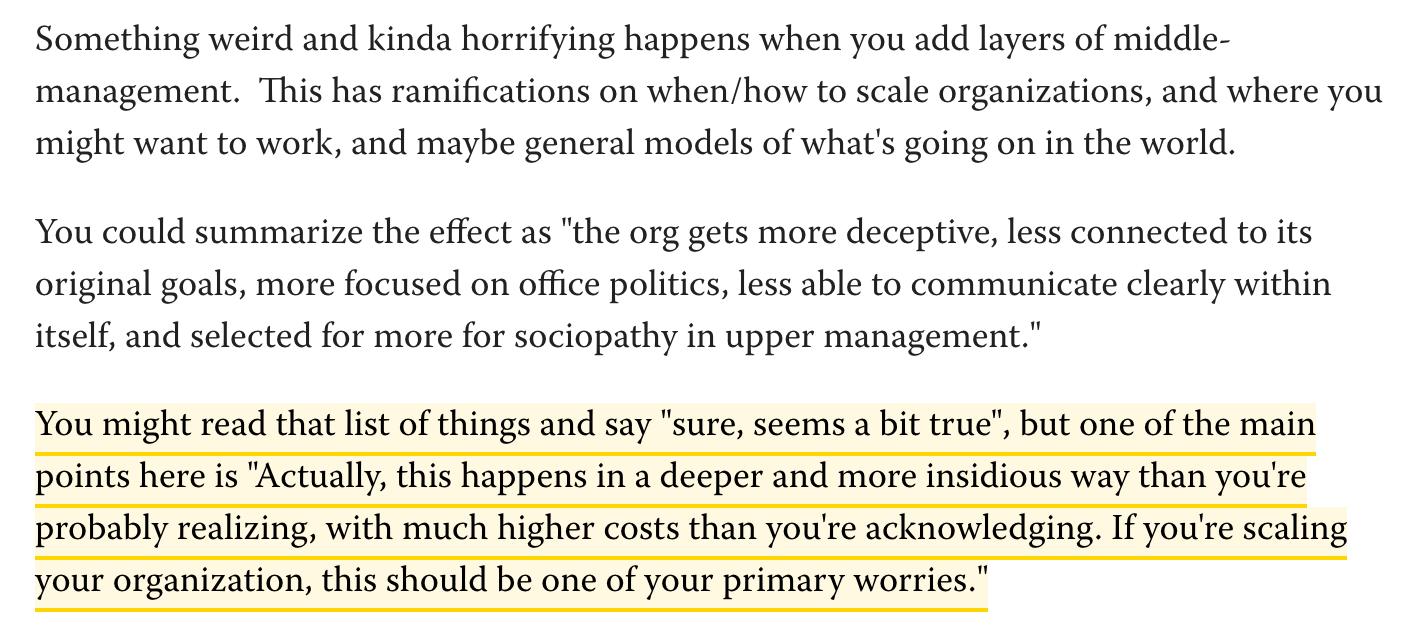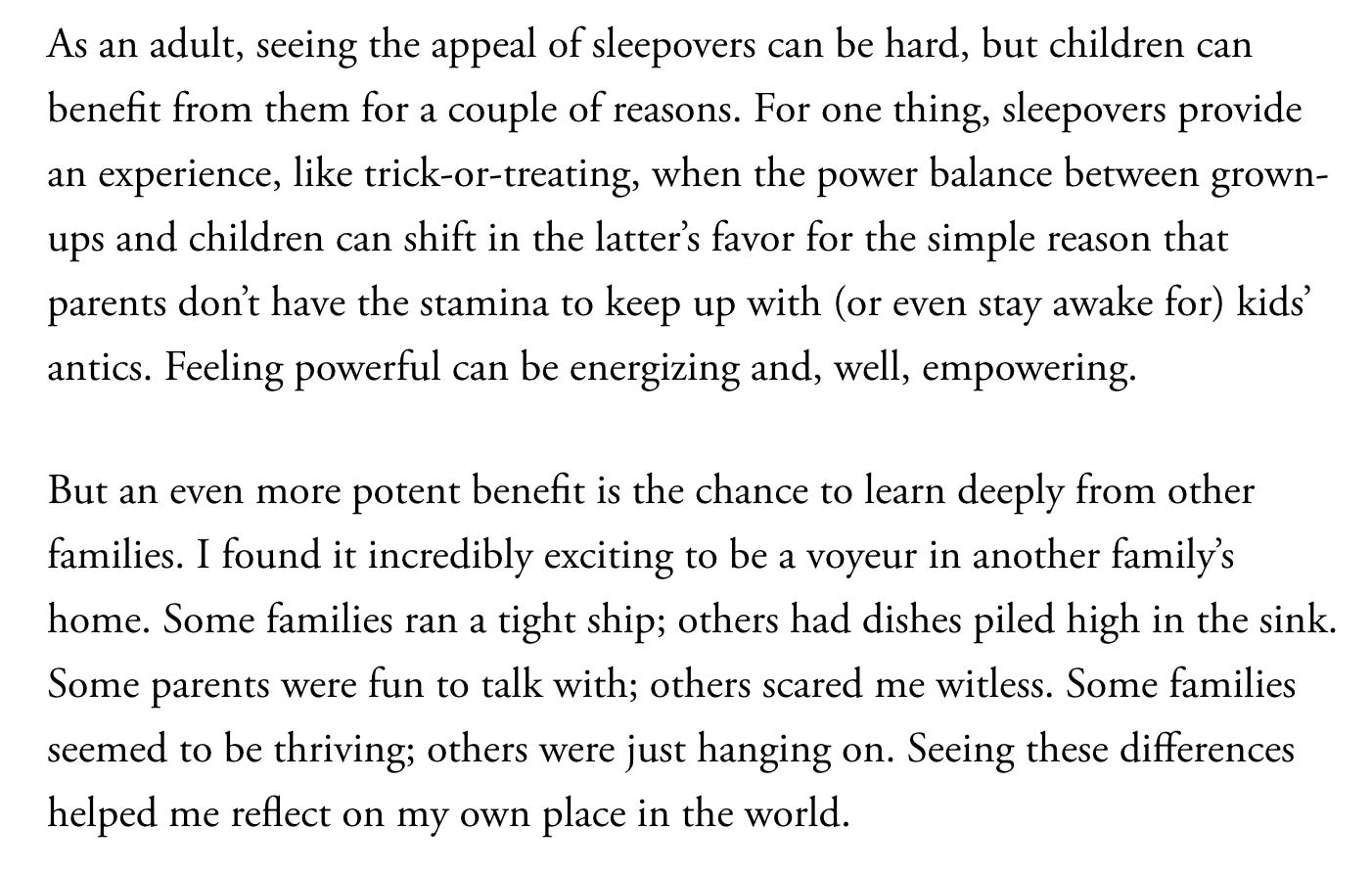#92 Not all those who wander are lost.
Efficient market hypothesis, middle management, career advice and more
There was a time in my life twenty years ago when I was driving a cab for a living. It was a cowboy’s life, a gambler’s life, a life for someone who wanted no boss, constant movement and the thrill of a dice roll every time a new passenger got into the cab.
What I didn’t count on when I took the job was that it was also a ministry. Because I drove the night shift, my cab became a rolling confessional. Passengers would climb in, sit behind me in total anonymity and tell me of their lives.
We were like strangers on a train, the passengers and I, hurtling through the night, revealing intimacies we would never have dreamed of sharing during the brighter light of day. I encountered people whose lives amazed me, ennobled me, made me laugh and made me weep. And none of those lives touched me more than that of a woman I picked up late on a warm August night.
The story of that woman and “the cab ride I'll never forget” is a read that will make your heart melt. It’s such a simple narrative, yet the purity of the emotions makes it magical.
Read just this piece, if you’re super short on time. Everything else can wait.
If you’re still around, let’s get to the rest of the finds for this week.
1. Efficient market hypothesis
Jitha’s “Sunday Reads” newsletter promises one ‘golden nugget’ every Sunday. I must say, he rarely disappoints.
This post around “Efficient market hypothesis” is a good starter, if you’ve not read him already. He starts with the parable of two economists & $20 note, adds learning from LeBron James & NBA 3-pointers and finishes it with stories of Sarah Moor & Nikita Bier.
I always get amazed the way he is able to stitch so many beautiful anecdotal stories & academic references in a single post. These are indeed golden nuggets.
And while you are at it, do check the Noah Smith’s twitter thread that he had covered towards the end. Really fun way to explain geopolitical events.
2. Recursive middle manager hell
LessWrong has a long read covering the challenges that pop up when an org starts to incorporate middle management layers. It is aptly titled “Recursive Middle Manager Hell”.
Here’s a quick summary for you:
Raemon’s essay goes on to describe the generations of company culture that gets created due to this recursive nature.
It's a brutally honest representation of a lot of what you may have already noticed, but did not talk about. He further shares some possible ideas to protect large projects from failing due to this issue. Simple solutions, but challenging to execute given the opposition to change everywhere. Worth a read
3. Career advice
Deb Liu talks about how a good mentor can change your trajectory. She shares some good tips on how to find the right mentor and work together with him/her to achieve your mentorship goals.
The key to finding the right mentor is to look at your current circumstances and reflect on what it is that you need to do to get to where you want to be. Unlike a sponsor, who's there to open doors, a mentor is there to give you insight. Their role is to open your eyes to your blind spots and to help you make decisions on your own.
Ami Vora talks of how to grow by adding value to your team. It’s a simple mindset - If I can see a problem, it’s mine to solve. Very relevant for those early in their career and looking to explore different roles before settling into one.
But over time, I realized that if I'm close enough to see a problem, I'm probably best positioned to solve it. In fact, what if no one else can even see it? That realization gave me permission to step into problems, even when I’m not the perfect person to solve them.
4. Ideas
Repair and Remain: Kurt Armstrong’s post is based on his life lessons from a long and varied string of jobs. He proudly says - My basic MO in both roles is simple: repair and remain. He goes on to say: “Repair and remain. Work with what you’ve got. Sit still for a moment, take stock, make some changes. Big changes, if necessary.”
While has shared examples of his projects as plumber & repairman, the post is not really about it. He goes on to share lessons for relationships. I did not see it coming that way, and was pleasantly surprised when he gets talking about marital issues. But his ideas & suggestions shape well in that context and are worth reading.
(via Startupy)
The Case for Sleepovers: A thought provoking post by Erika Christakis. We’ve not done a lot of sleepovers for our kids, but will surely plan for more now.
(via FS Blog)
5. Art & Entertainment
How a magician-mathematician revealed a casino loophole: Fascinating read on the world of card shuffling. Its protagonist - Percy Diaconis - is a magician-turned-mathematician at Stanford University, and is regarded as the world's foremost expert on the mathematics of card shuffling.
Furthermore, Diaconis has spent a lifetime studying problems that live on the borderlands between order and randomness. Whether it is decoding scrambled messages, reassembling strands of DNA, or optimising web search engines, he has a knack for transforming these problems into a question about card shuffling.
(via Curated Commons)
UX lessons from a poet who invented social media in the 18th century. Some loose connections to surface the core enablers of social products.
It’s difficult to predict which technology will prevail, and that’s part of the fun. But here’s the thing: once a paradigm shift takes hold, it’s amazing how resistant we all become to further change. We start to believe that this is just how things are, and that new information must fit within our existing worldview. This is why we’re often surprised, and sometimes even angry, when things change.
(via Sidebar)
6. Little moments of joy
I just started reading a couple of new books. I’m still exploring if they are any good and should continue. One that I loved reading (again & again) is “The Day the Crayons Quit” by Drew Daywalt. Oliver Jeffers has done the most amazing iIllustration work to make this a beautiful read. Everytime we read it, there is a smile on our faces. Such a creative way to ignite the imagination in the young minds (and us too). Add it to your home library (along with this) no matter your age & lifestage.
(Image source: here)
7. Everything else
Some random goodness from the internet:
Best of 2022 tweets from Tim Urban (@waitbutwhy). From far away galaxies to tiny microbes in sea water - his twitter feed is an unbelievable mix of stuff for the curious mind.
And now, 22 thoughts from 2022 that Tim Urban would like to take into 2023. He is a deep thinker & expresses his ideas so beautifully.
Ancient technology that was centuries ahead of its time. A limited list, but a very interesting one, nonetheless. I was expecting something closer home to find a mention here. (via BrainPint)
Short history on the original turn signals in “Now I know” from Dan Lewis.
Blackout poetry is made by colouring over parts of an existing text, so that only selected words remain visible, creating a poem. It’s a great way to add constraint to your vocabulary while you’re writing. I’ve been trying to come up with something cool here, but have failed so far. Why don’t you give it a try? (via BrainPint)
Window trick of Las Vegas Hotels or “four or six windows in one” solution. Remember “If there's too much order, it's boring and oppressive. If there's too much variety, it's chaotic and unpleasant.” (via YC newsletter)
The following message was written by Calligrapher.ai.
And, here’s a random post from the past.
Title of today’s post is a line from J.R.R. Tolkien's “The Fellowship of the Ring”. I re-discovered it in Packy’s “Not Boring” post around Wander.
Before we sign off, here's a beautiful thought from Hugh MacLeod.
That's all for this week, folks!
I hope I've earned the privilege of your time.
If you enjoyed this post, show your love by commenting and liking it. I write this newsletter to share what I learnt from others. If you learnt something from this today, why not share it with a couple of your friends to continue this chain?








